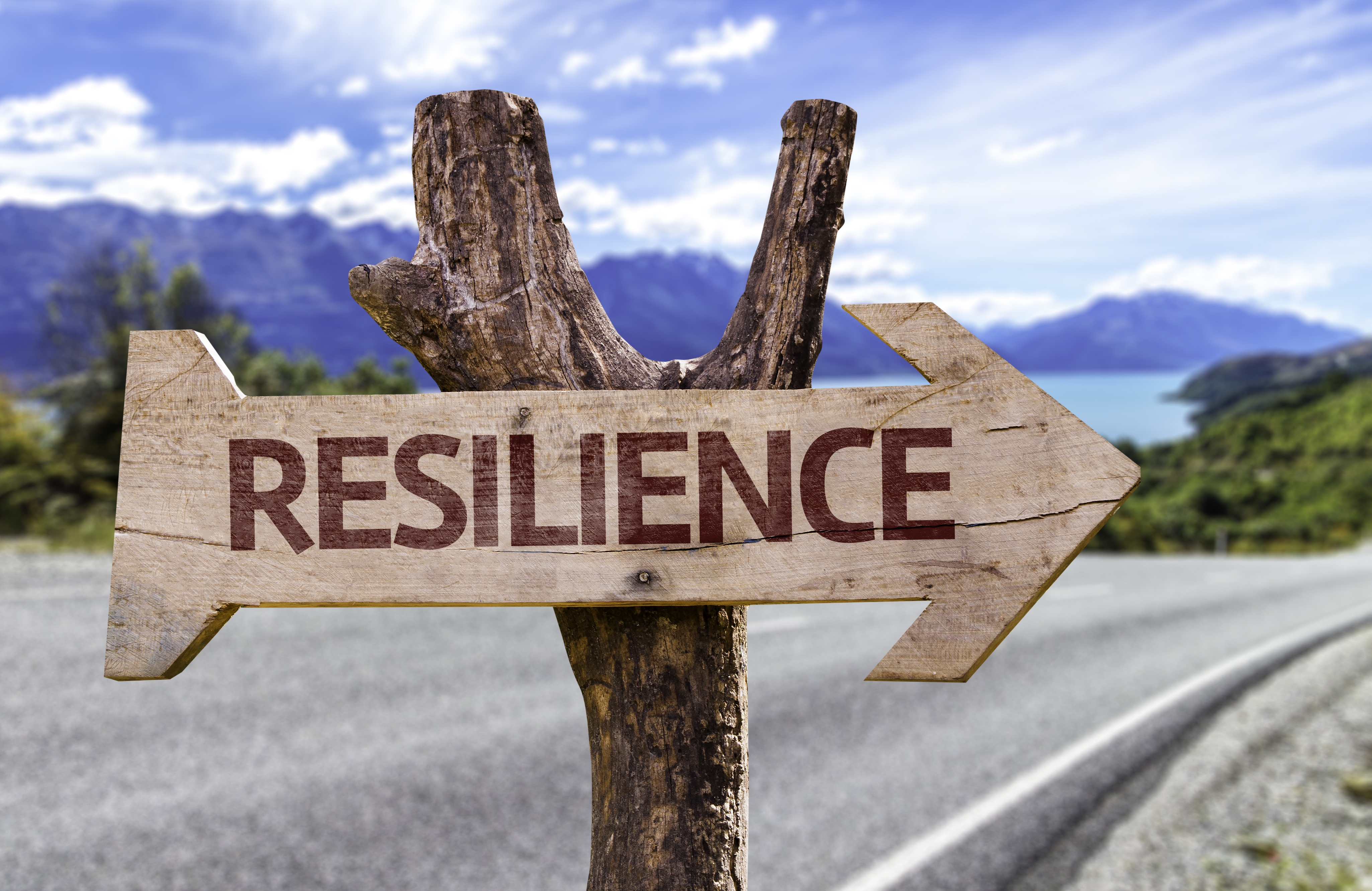Success is not final , Failure isn’t fatal its the courage to continue that counts ( Winston Churchill )
Emotional (Psychological) Resilience is the capacity to emotionally recover successfully from adversity including stressful situations and crises such as a bereavement or job loss (Pecillo 2016).
Emotional resilience is the process of continual development of personal competence whilst navigating and negotiating with available resources in the face of adversity. People that are emotionally resilient tend to learn from adversity due to facing it head on rather than avoiding it or stagnating.
Emotional Resilience can be leveraged by enhancing the likelihood of success through enabling you to accomplish your unique goals and desires by effectively navigating through adversity and obstacles.
Emotional Resilience is correlated with Emotional Intelligence / Quotient which is a greater predictor of business success than I.Q. Therefore it is paramount to develop these aptitudes to enable you to succeed in your personal and professional endeavours.
There are various strategies and tools that can be utilized to improve and develop your emotional resilience. I have outlined below 8 ways that you can build your emotional resilience
1. Emotional Awareness – Emotional resilience consists of being emotionally aware and conscious which includes understanding what you are feeling emotionally, why you are experiencing an emotion and being able to succinctly articulate this. It is important to identify your triggers to your emotional changes as this will assist with self regulation which successful Individuals are skilled in doing. Emotional awareness can facilitate leaders in climbing the career ladder as they are able to effectively connect with their peers , juniors and colleagues. Essentially this skill will enhance your interpersonal effectiveness.
2. Self Regulation of Emotions – this includes accepting distressing emotions such as anxiety whilst not allowing them to avert you in succeeding with goal accomplishment. Emotions can be regulated through the use of mindfulness, controlled breathing exercises, visualization and progressive muscle relaxation exercises.
3. Reframing negative beliefs and situations through optimism and the right attitude . This strategy will equip you in identifying opportunities as opposed to solely threats which can facilitate taking actions and risks which contribute to success and build resilience as you have to trust the process towards success and counter irrational beliefs which may impede your professional and personal growth.
4. Learning from mistakes develops a growth mindset and resilience which characterises success as it is about learning rather than proving you are correct. Please consider Walt Disney who was fired by a newspaper Editor who was told he lacked imagination and Henry Ford whose early businesses failed and he was broke on five occasions before succeeding with Ford.
4.Problem Solving is a characteristic of emotional resilience as when faced with difficulties Individuals face and resolve them rather that prevaricate which reduces stress and improves the likelihood of success. If you struggle with problem solving consider breaking your problem into small bitesize chunks.
5. Internal Locus of control is paramount as emotionally resilient people believe they are in control rather than outside forces controlling their lives. This trait is associated with less stress as these individuals would have a realistic view of the world, be solution orientated an proactive which ultimately contributes to effective stress management.
6. Social Support – Successful people comprehend the importance of social support as we are not an island and no one succeeds alone. Supportive friends and family facilitate emotional resilience when utilized effectively and consistently.
7. Tenacity – Successful Individuals persevere which is a trait of emotionally resilient people who are action orientated and allow their goals to determine their course and race. Do athletes give up during the competition then why should you? Continue building the emotional resilience muscles and focus on the finish line as success is attainable.
8. Self acceptance and self esteem – High self esteem characterizes emotionally resilient Individuals as they have high levels of self efficacy and believe in their aptitudes whilst also acknowledging areas that need to be developed. Self acceptance allows you to just do you and follow your dreams with passion , grit and perseverance which contributes to success
If you would like to develop emotional resilience within your organization in order to improve productivity and engagement feel free to get in contact [email protected]


